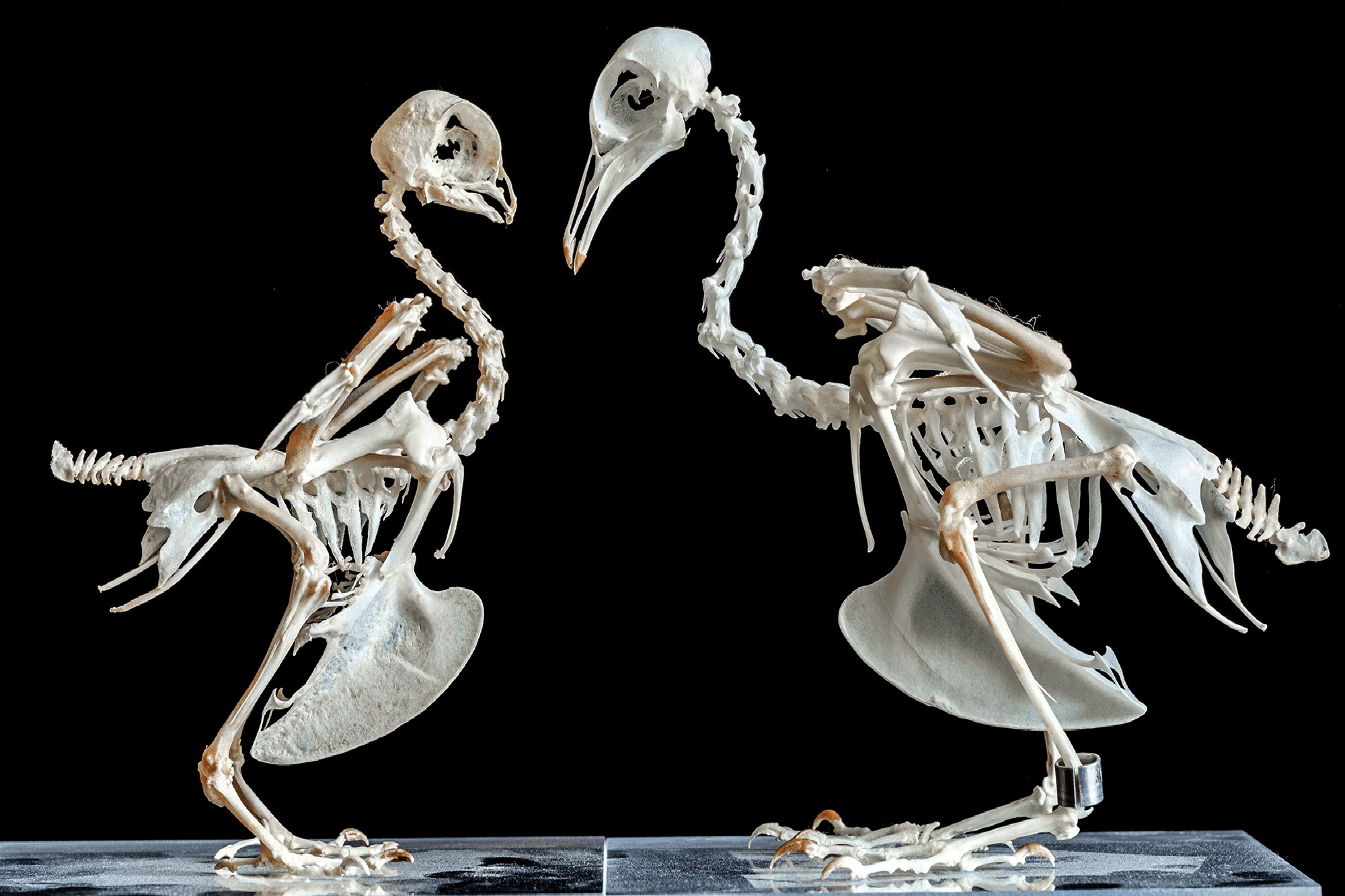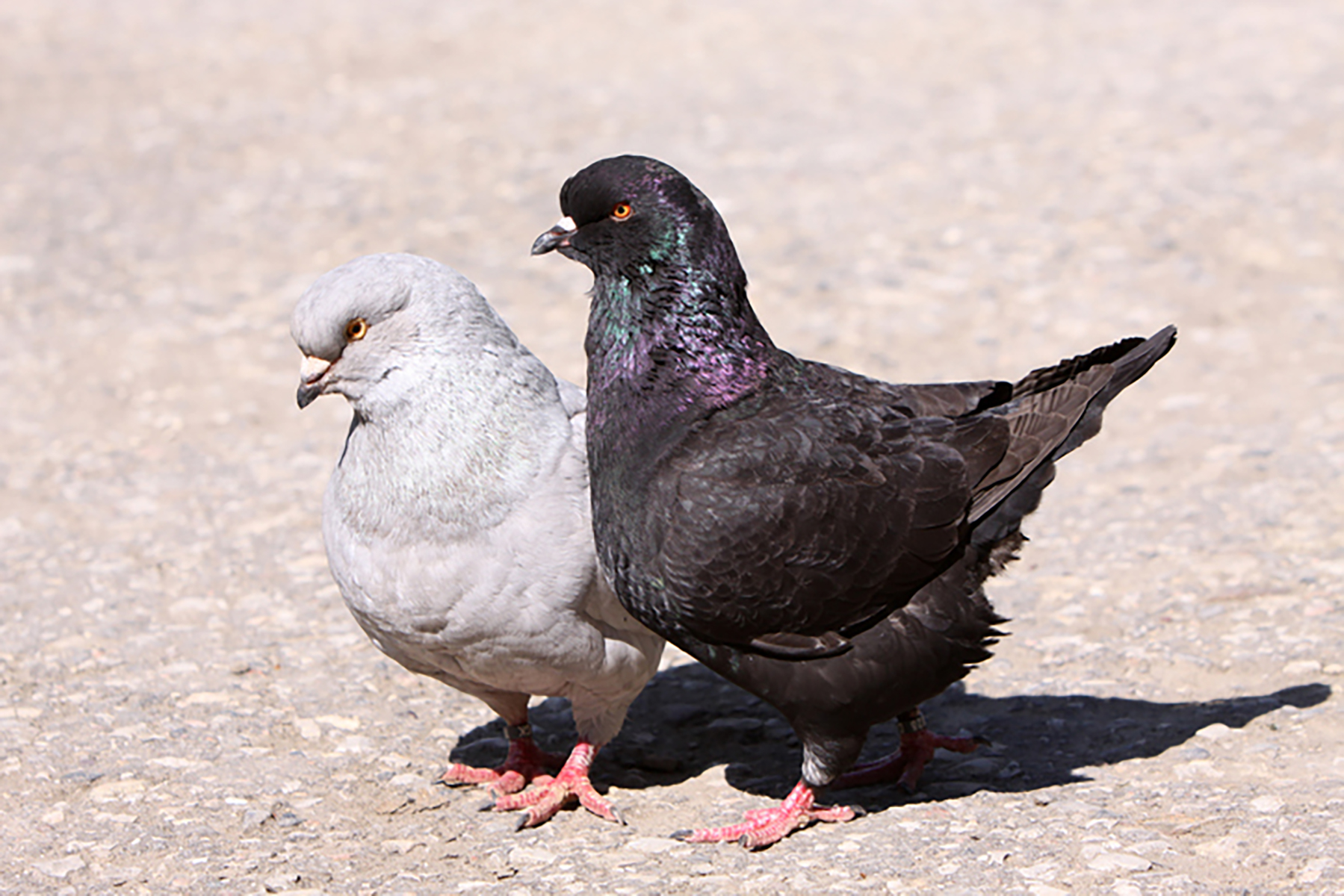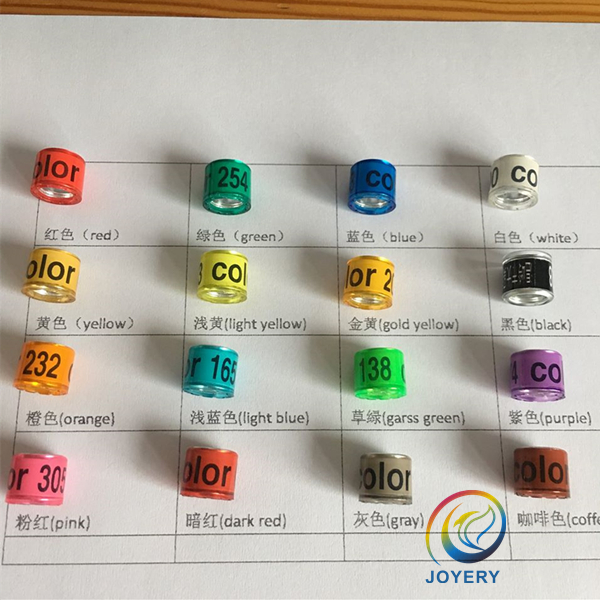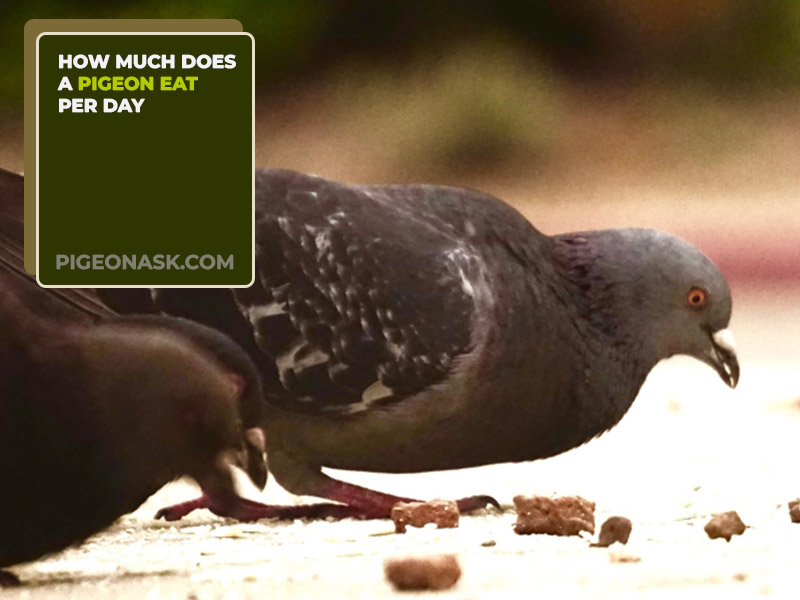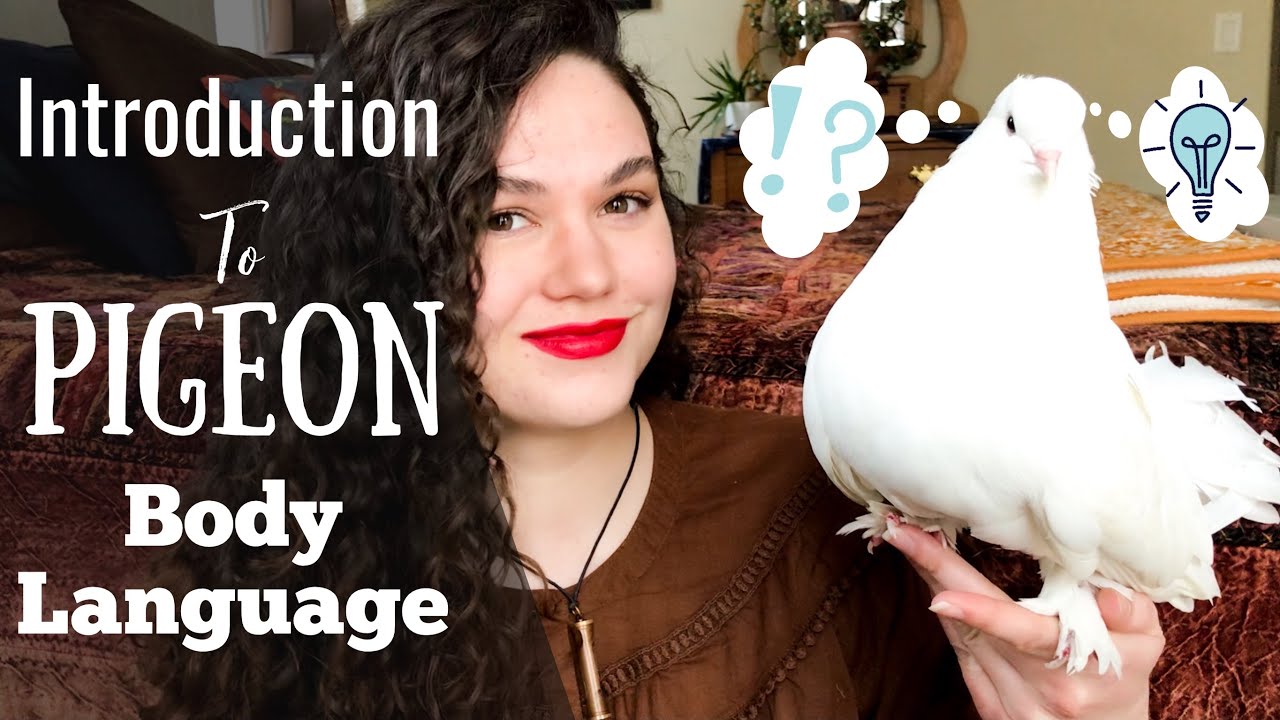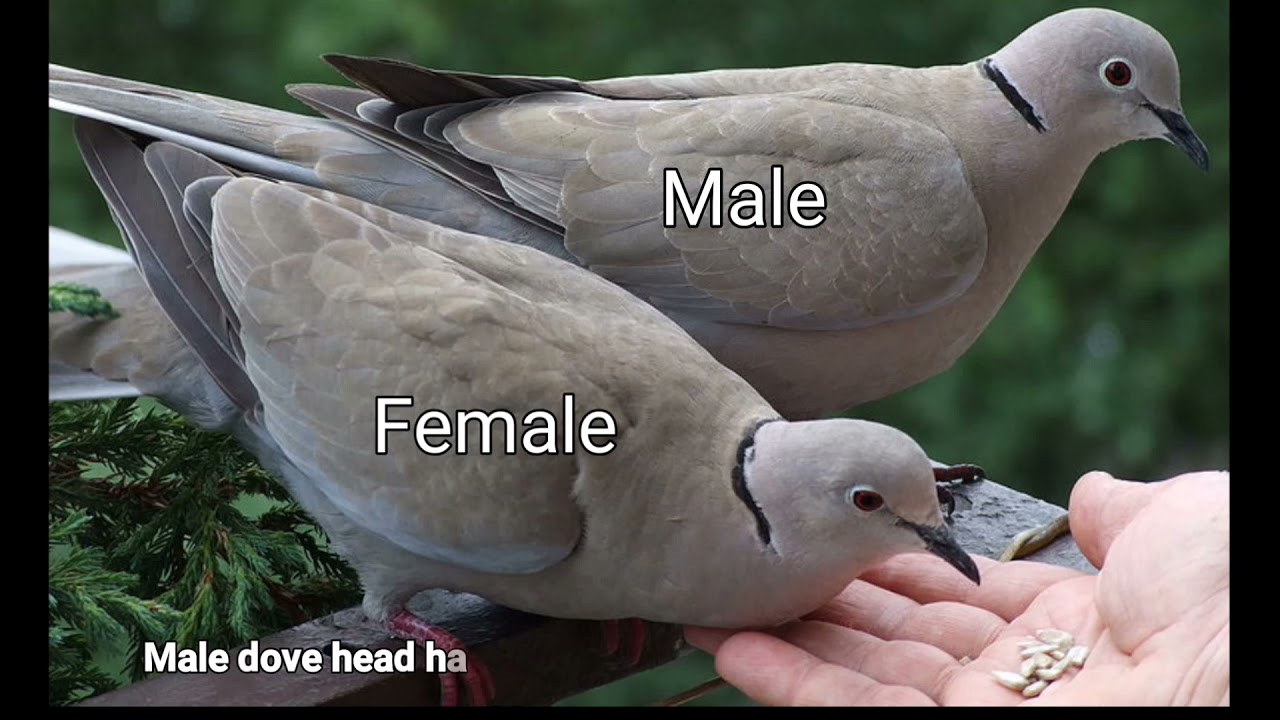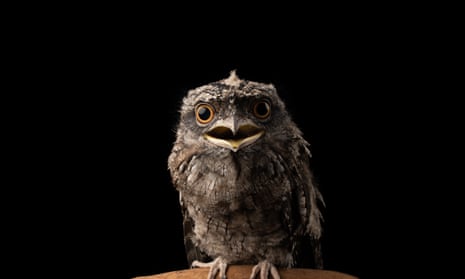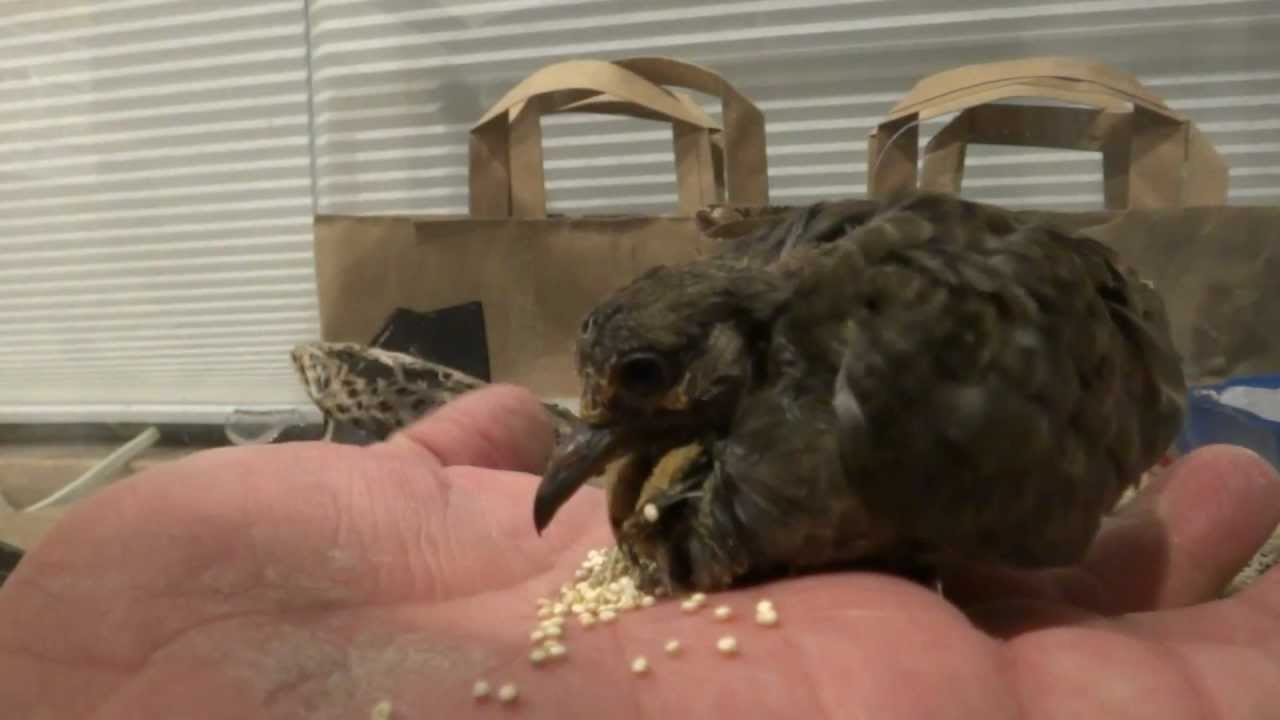Pigeon Breeding Process : Mastering the Art
Pigeon breeding involves selecting and pairing pigeons for reproduction to produce desired traits in their offspring. Pigeon breeding is a process that involves careful selection and pairing of pigeons to achieve specific qualities in their offspring. Whether it’s for show purposes or enhancing racing abilities, breeders choose pigeons that exhibit desirable traits such as color, … Read more
